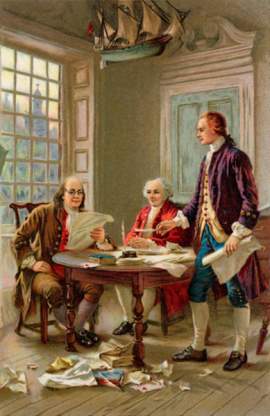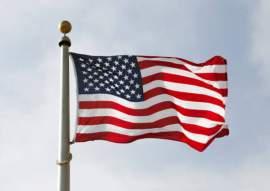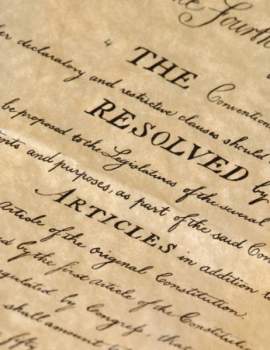
Major Decisions-Tinker v Des Moines

Popular In Constitution
Purpose Of Lifetime Appointment And Pros And Cons Enumerated Powers Bicameral Legislature Background Article 3 Of The Constitution We The People 1st Amendment Who Wrote The Constitution Judicial Review Equal Protection Clause 10th Amendment Three Fifths Compromise 5th Amendment
Tinker v. Des Moines would prove to be a reflection of the era in which it was tried by the Supreme Court. The Civil Rights Movement was reaching a heated pitch and the Vietnam War was being protested by many throughout the country. Protests and rallies were all being held in order to show the discontent with the United States’ involvement in Vietnam and most were avid supporters of the First Amendment and the civil liberties guaranteed under the Constitution's Bill of Rights. Tinker v. Des Moines would directly be a product of the occurrences of the revolutionary 1960s.
Tinker v. Des Moines was a Supreme Court case that would once
again deal with the application of the Constitution's First Amendment rights
granted to citizens of the United States. The case revolves around a group of
teenagers wearing black armbands with a peace symbol embedded within in protest
of the Vietnam War. The School Board was informed of the practice and banned
the wearing of such armbands in school.
Certain students, among them
John and Mary Beth Tinker, decided to violate the policy, which subsequently
got them both, along with other students, suspended from their respective
schools. The matter was tried in various State courts, with each judgment being
ruled in favor of the Des Moines School Board. The Tinkers had no other choice
than to bring the matter before the United States Supreme Court.
Presiding over the case was Chief Justice Earl
Warren, which would eventually help overrule the State of Iowa's decisions to
uphold the actions of the Des Moines School Board. It was decided that such a
penalty to be imposed upon students would be in violation of the Freedom of
Speech Clause of the First Amendment. Furthermore, the Supreme Court held that
the First Amendment applied to public schools and their students. Any type of
censorship that is sought on behalf of the school boards would have to provide
for a Constitutionally-valid reason or purpose.
Even though
the protest in question in the Tinker v. Des Moines case does not actually
involve a verbal speech, the wearing of the armband is considered as symbolic
speech and is protected under the First Amendment. The Supreme Court ruled that
in order for the restriction of free speech to be Constitutional, it must
provide for that speech to be disruptive to the function of school and/or
interfere with other students' rights. Censoring free speech on the basis that
it is unpopular or causes discomfort is not grounds to restrict the Freedom of
Speech.
Even though the Court rendered that the freedom of
speech was to be upheld in public schools, there were those on behalf of the
minority involved in the decision that disagreed with the ruling. They believed
that if the students were given more freedoms on school grounds, that it would
eventually defeat the educational purposes of a school facility due to the
disruption caused by students exercising Freedom of Speech rights without
control. Regardless, the First Amendment rights to students were upheld in the
Tinker v. Des Moines case.
NEXT: Major Decisions: Epperson v





















